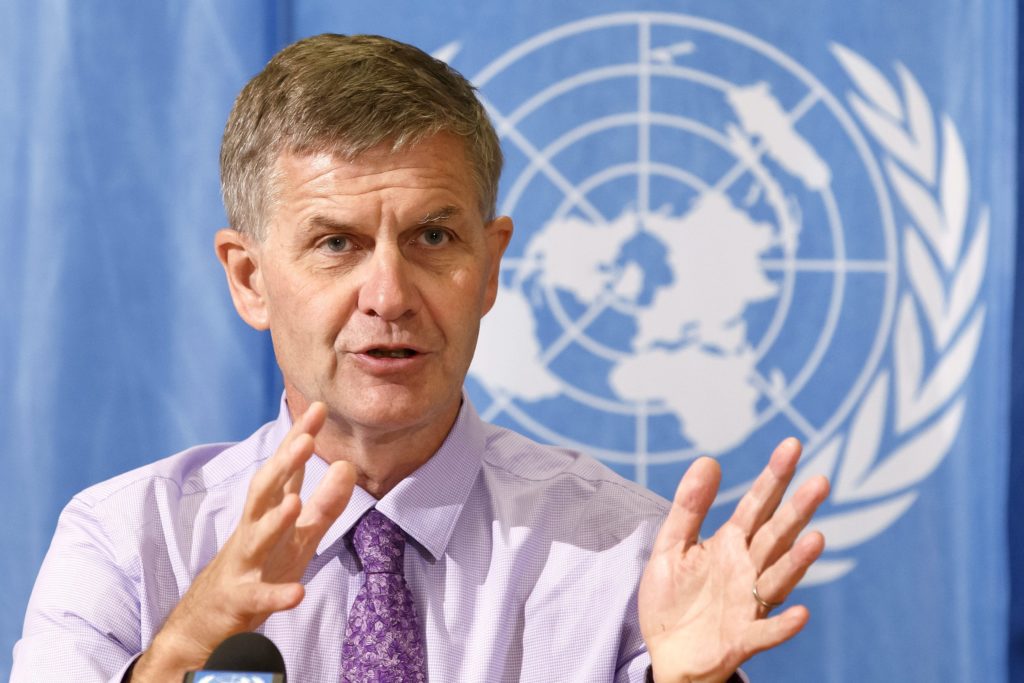Former Norwegian Environment Minister Erik Solheim has condemned calls for Guyana to stop producing oil from persons in veteran oil producing countries. Solheim said that people from such nations, including the United States, should not dictate to Guyana or any other nation when or if it should halt oil development, given that they have benefited from the utilization of the resource to develop their own societies.
Solheim, while serving as minister, signed a deal in 2009 with then President Bharrat Jagdeo, pledging US$250 million to Guyana for conserving its forests. This partnership is bearing its final fruits now, as Guyana uses the funds to invest in several solar farms as part of its energy transition.
The former Norway minister sat down for a September 10 discussion with Guyana government officials in Georgetown, about how the world can learn from the example Guyana has set with its Low Carbon Development Strategy (LCDS). The document outlines a plan for Guyana’s sustainable development and energy transition through 2030 but does not preclude production of the billions of barrels of oil and gas discovered offshore the South American country. While there has been criticism by some foreign groups, Solheim believes Guyana should reject them.
“I think it’s hurting the debate when people from nations which have benefited enormously from oil… are finger-pointing to Guyana and say you should not develop the oil. It is simply arrogance of the first order,” Solheim said. He named Norway, the United States, Russia and Saudi Arabia as examples of industrialized nations. While acknowledging the future lies with renewable energy, Solheim argued that Guyana can use oil revenues for the benefit of the Guyanese people. He advised that Guyana should look at examples like Norway, Dubai, and Kazakhstan, where oil wealth was used to fuel broader national development. He advised that throughout this process, there should be complete transparency in the financial system.
“There are super profits in the oil… and people will be tempted to pocket it for themselves,” Solheim stated.
Guyana’s Vice President, Bharrat Jagdeo, echoed Solheim’s sentiments about Guyana’s right to develop its resource, and concurred with his advice on financial transparency, noting measures taken by the government. “One of the first things we did when we returned to office was to put in a provision that any receipt from oil and gas companies… would have to be notified to the Parliament and published in the official Gazette within three months of the receipt. Failing to do so can lead to the Minister of Finance going to jail for 10 years,” Jagdeo explained.
The Bank of Guyana also publishes monthly and quarterly reports of the Natural Resource Fund (NRF), which disaggregates deposits from oil sales and royalties, as well as the evolution of interest income. The Fund held more than US$2.9 billion at the end of August.




